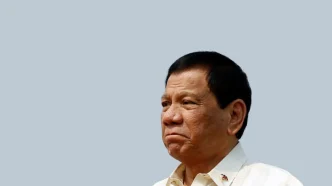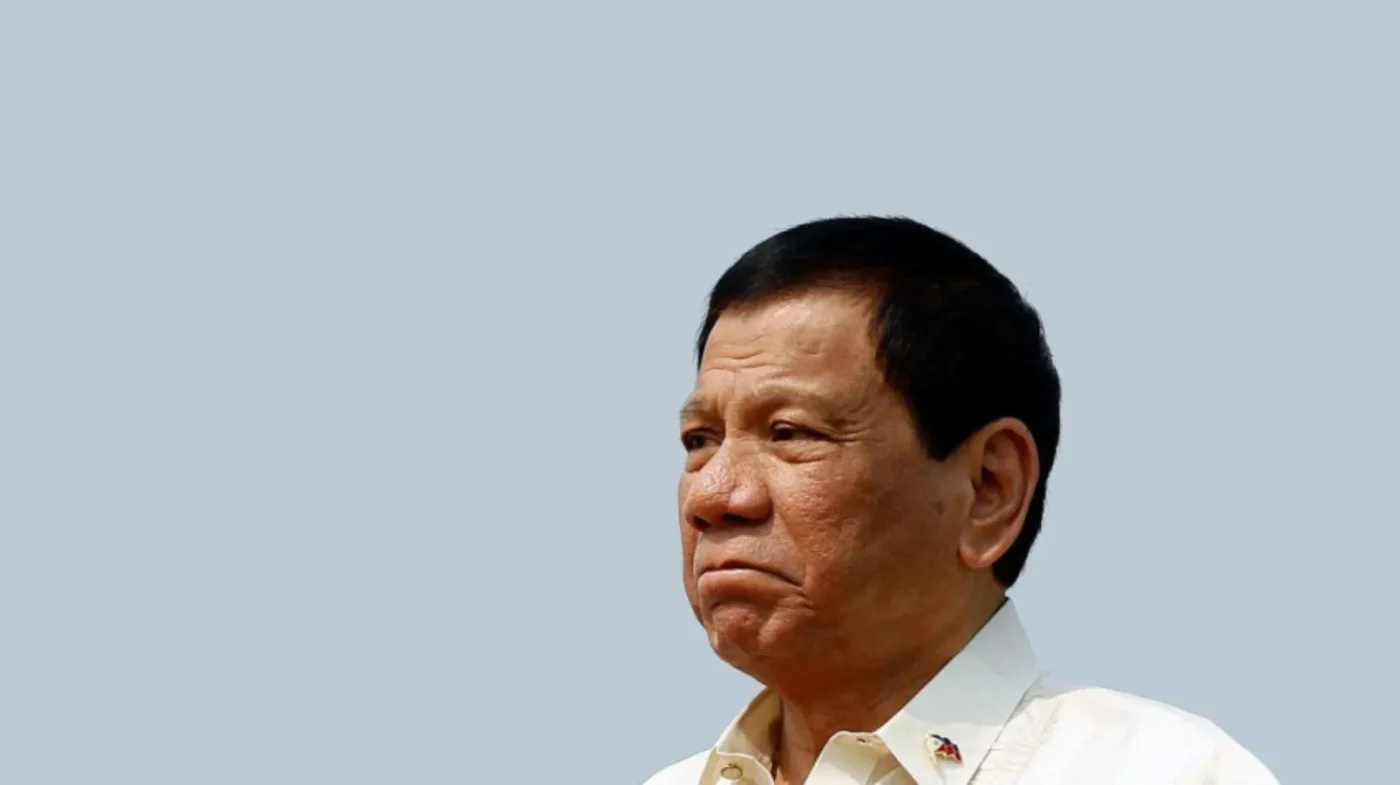The International Criminal Court (ICC) has moved to extend critical deadlines in the high-profile case against former Philippine President Rodrigo Duterte, accused of crimes against humanity during his controversial “war on drugs.” The ICC’s Office of the Prosecutor has requested additional time to disclose arrest warrant materials and to withhold the identities of witnesses, citing the need for adequate protective measures. This development underscores the complexity and sensitivity of a case that has drawn global attention to alleged human rights abuses in the Philippines.
Prosecution Seeks Extensions for Disclosure
On May 14, 2025, the ICC’s Office of the Prosecutor submitted a seven-page document to Pre-Trial Chamber 1, requesting an extension of the deadline for disclosing arrest warrant materials to no later than July 1, 2025. The same request seeks to delay the disclosure of witness identities until June 20, 2025. The prosecution argued that such extensions are justified by “good cause,” emphasizing that protective measures for witnesses are being arranged to ensure their safety before identities are revealed.
The document highlights the prosecution’s commitment to balancing transparency with security, stating that they are working to implement safeguards that would allow standard disclosure at the earliest opportunity. “The Prosecution is proceeding on the basis that adequate protective measures can soon be put in place” the document notes, signaling confidence in meeting the revised deadlines.
Additionally, the prosecution requested an extension for applications related to non-disclosure of witness identities under Rule 81(4) until June 20, 2025. This move, they argue, promotes judicial efficiency by allowing the Chamber to consider all related applications simultaneously, with a full understanding of their potential impact on the case. The prosecution maintains that these extensions align with Duterte’s rights and do not impede the investigative process or the upcoming confirmation of charges proceedings.
A Case Rooted in Alleged Atrocities
The ICC’s case against Duterte centers on allegations of crimes against humanity, including murder, torture, and rape, committed during his tenure as president from 2016 to 2022, and earlier as mayor of Davao City. The court’s Pre-Trial Chamber 1 found reasonable grounds to believe that Duterte bears individual responsibility as an “indirect co-perpetrator” for the crime of murder, allegedly committed between November 1, 2011, and March 16, 2019, across the Philippines.
The arrest warrant for Duterte was initially issued in secret on March 7, 2025, before being made public on March 11. Following this, on March 12, the Philippine government surrendered Duterte to ICC custody after his arrest by local authorities. He made his first appearance before the court via video link on March 14, marking a significant moment in the international pursuit of accountability for the thousands of deaths linked to his anti-drug campaign.
The ICC prosecutor has amassed substantial evidence against Duterte, including 421 documents, nine photographs, and nearly 16 hours of audio and video recordings. This material is set to be presented during the confirmation of charges hearing, provisionally scheduled for September 23, 2025. The scale of the evidence reflects the gravity of the accusations, which have long been a point of contention both within the Philippines and on the global stage.
Witness Protection at the Forefront
The request to withhold witness identities until June 20, 2025, highlights the inherent risks faced by individuals willing to testify in such a politically charged case. Duterte’s “war on drugs” was marked by widespread allegations of extrajudicial killings, with human rights groups estimating that tens of thousands of people—many from marginalized communities—were killed by police and vigilante groups during his administration. Witnesses to these events may face significant personal danger if their identities are exposed prematurely.
The prosecution’s cautious approach suggests an awareness of the volatile context surrounding the case. In the Philippines, Duterte remains a polarizing figure, with supporters lauding his tough-on-crime policies and critics decrying what they see as state-sanctioned violence. Ensuring witness safety is not only a procedural necessity for the ICC but also a critical factor in maintaining the integrity of the judicial process.
Legal experts note that such extensions are not uncommon in international criminal cases, particularly when witness protection is a concern. “The ICC has a duty to balance the rights of the accused with the safety of those providing testimony” said Maria Alvarez, a human rights lawyer based in Manila. “Delays in disclosure can be frustrating, but they are often necessary to prevent intimidation or worse.”
Broader Implications for the Philippines
The ICC’s pursuit of Duterte represents a rare instance of international justice intersecting with domestic politics in the Philippines. Duterte’s administration had previously withdrawn the country from the ICC’s jurisdiction in 2019, following the court’s initial investigations into the drug war. However, the court ruled that it retained jurisdiction over crimes committed while the Philippines was still a member state, paving the way for the current proceedings.
This case has reignited debates within the Philippines about accountability, sovereignty, and the role of international institutions. Some political analysts suggest that the outcome could influence public trust in both domestic and international legal systems. “If the ICC process is perceived as fair and thorough, it might encourage more victims to come forward” said Dr. Elena Santos, a political scientist at the University of the Philippines. “But if it’s seen as overreach, it could deepen skepticism about foreign intervention.”
Public sentiment, as reflected in discussions on platforms like X, reveals a divided populace. While some users express hope that the ICC will deliver justice for victims’ families, others argue that the court lacks legitimacy to prosecute a former head of state. These contrasting views underscore the challenges of addressing historical grievances in a polarized society.
Global Spotlight on Human Rights
Beyond the Philippines, the Duterte case has broader implications for international human rights law. It serves as a test of the ICC’s ability to hold powerful figures accountable, particularly in regions where domestic mechanisms for justice are perceived as insufficient. The court’s handling of witness protection and evidence disclosure will likely be scrutinized by legal scholars and activists worldwide as a benchmark for future cases.
The “war on drugs” itself has become a focal point in global discussions about punitive versus rehabilitative approaches to drug policy. Critics of Duterte’s methods argue that the campaign prioritized violence over systemic solutions, disproportionately harming the poor. Supporters, however, claim it was a necessary response to rampant drug-related crime. The ICC’s findings could influence how other nations approach similar policies, particularly in Southeast Asia, where drug enforcement often intersects with human rights concerns.
Looking Ahead to September
As the ICC prepares for the confirmation of charges hearing in September 2025, the extended deadlines for disclosure and witness identification add another layer of complexity to an already intricate case. The prosecution’s efforts to secure protective measures suggest a determination to build a robust case while safeguarding those at risk. Meanwhile, Duterte’s legal team has yet to publicly respond to the latest developments, leaving open questions about their strategy moving forward.
For the families of victims, the slow pace of international justice can be both a source of frustration and hope. Many have waited years for accountability, holding vigils and memorials—such as the thanksgiving mass in Manila on March 31, 2025—to honor loved ones lost to the drug war. As the legal process unfolds in The Hague, their pursuit of closure remains intertwined with a broader struggle for truth and reconciliation in the Philippines.
















